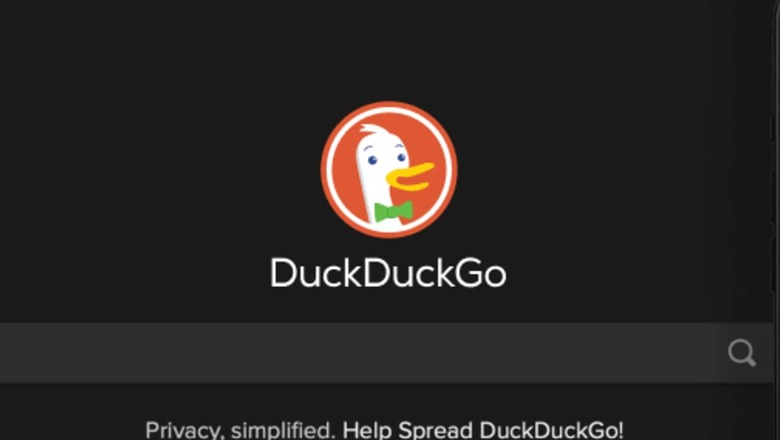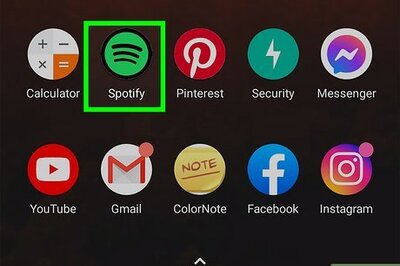
views
Trackers from advertisers who sell and trade user data are supposed to be blocked by the DuckDuckGo browser. But a security researcher has discovered that it allows Microsoft to track data through LinkedIn and Bing ad domains.
DuckDuckGo’s website includes a page stating that it has an agreement with Microsoft to display advertisements next to search results. It claims that the tech giant does not store or use ad-click behaviour data to profile users, but it does not mention trackers sending data through LinkedIn and Bing.
In response to the allegations, DuckDuckGo founder and CEO Gabriel Weinberg admitted that the company’s agreement with Microsoft requires it to allow Microsoft’s trackers.
Weinberg claims that his company remains more private than other browsers because it blocks the majority of non-Microsoft third-party trackers. DuckDuckGo is negotiating with Microsoft to remove that clause, and it will change the app store page descriptions in the mobile browser to better inform users.
The company executive made these clarifications on Twitter: “Unfortunately our Microsoft search syndication agreement prevents us from doing more to Microsoft-owned properties. However, we have been continually pushing and expect to be doing more soon.”
He also stated that though the syndication deal contains a confidentiality term that limits sharing details, DuckDuckGo has been working to change these requirements.
The CEO said on May 24: “We anticipate a soon-to-be-released upgrade that will incorporate additional Microsoft third-party security.”
It should be noted that security researcher Zack Edwards first shared the details related to the findings about DuckDuckGo — which sees itself as a direct competitor to Google Search — in a series of tweets.
In recent months, after Russia sent troops to Ukraine, the users of DuckDuckGo criticised the platform as soon as the CEO announced that the company will take significant steps that would down-rank sites associated with Russia which spread misinformation.
Many Twitter users have reacted to Weinberg’s tweet with primarily unfavourable remarks about the decision, accusing the firm of censorship and bias in search results.
But Weinberg said: “The whole point of DuckDuckGo is privacy. The whole point of the search engine is to show more relevant content over less relevant content, and that is what we continue to do.”
At the time, he also told a Twitter user: “Search engines by definition try to put more relevant content higher and less relevant content lower — that’s not censorship, it’s search ranking relevancy.”
Read all the Latest Tech News here



















Comments
0 comment